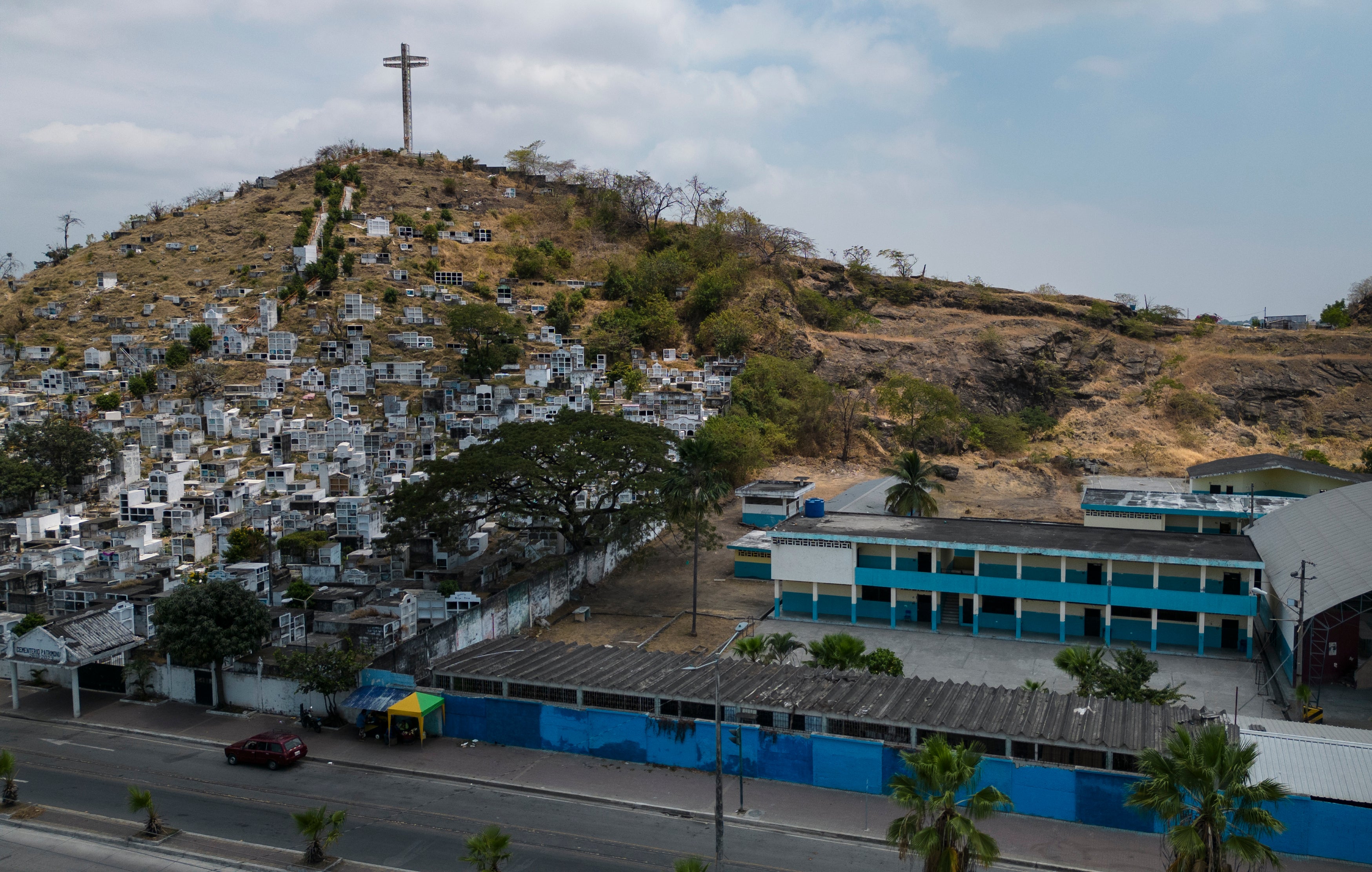AP PHOTOS: Surge in gang violence upends life in Ecuador

Your support helps us to tell the story
From reproductive rights to climate change to Big Tech, The Independent is on the ground when the story is developing. Whether it's investigating the financials of Elon Musk's pro-Trump PAC or producing our latest documentary, 'The A Word', which shines a light on the American women fighting for reproductive rights, we know how important it is to parse out the facts from the messaging.
At such a critical moment in US history, we need reporters on the ground. Your donation allows us to keep sending journalists to speak to both sides of the story.
The Independent is trusted by Americans across the entire political spectrum. And unlike many other quality news outlets, we choose not to lock Americans out of our reporting and analysis with paywalls. We believe quality journalism should be available to everyone, paid for by those who can afford it.
Your support makes all the difference.Dismembered limbs lie on the street next to playing children. Prisons are arenas of gang warfare. Bloodshed keeps schools shut down. And a presidential candidate is assassinated in broad daylight.
This is the new Ecuador.
The South American nation of 18 million people was long a spot of calm in a region shaken by political upheaval, economic turmoil and guerrilla warfare. But a wave of criminal violence has surged in recent years, upending life for Ecuadorians.
The bloodshed is a product of narco gangs tiring of playing cat-and-mouse with the authorities in more militarized countries like Colombia and Mexico. They are seeking out smuggling routes in new countries with less vigilance.
Authorities documented 4,603 homicides in 2022, nearly doubling the toll of the previous year and making Ecuador one of the most dangerous countries in Latin America.
This year, violence and drug seizures have only continued to soar in the lead-up to the country’s presidential run-off election Oct. 15.
Nowhere has been hit harder than Guayaquil, Ecuador’s biggest city and home to the country’s most bustling port, from which drugs and other illegal goods pour out.
Gunshots regularly ring out, their sounds reverberating over multi-colored homes that wind up into the mountains overlooking the nearby Pacific. Tension grips the streets, where heavily armed police and soldiers patrol and sometimes roar by atop tanks.
As the government struggles to keep an emerging flock of narco groups at bay, things came to a head in August when an anti-corruption presidential hopeful, Fernando Villavicencio, was gunned down while leaving a campaign event less than two weeks before the first round of the presidential election.
Shortly before his death, the candidate had sent a message: “I’m not scared.”
Few others in the Andean nation can say the same.
——
AP reporter Megan Janetsky contributed to this report from Mexico City.